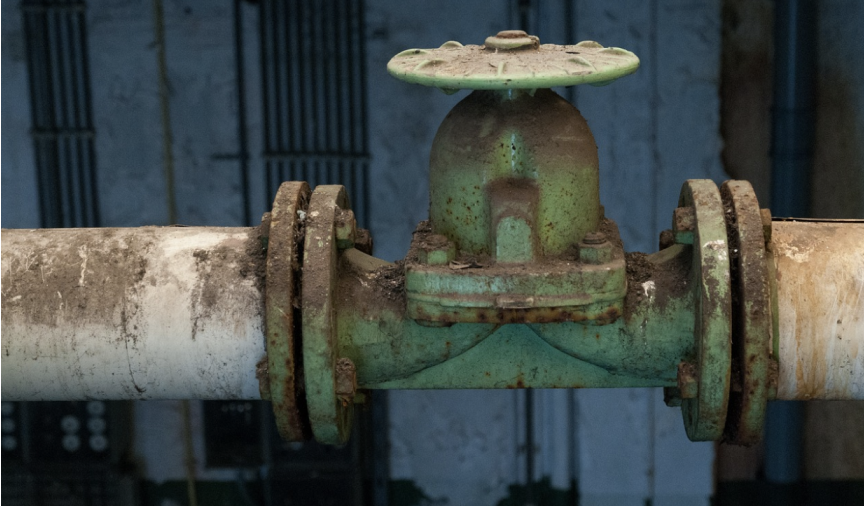05th July 2022
Are you moving into a property that doesn’t currently have gas? You’ll need to get in touch with your local gas transporter to see if you can get connected. This will involve tapping into the main gas pipe and connecting it to the meter in your home. Here we’ll discuss what a gas pipe connection is and the steps have one installed.
Which bit is the gas pipe?
Gas pipes are the pipes that connect the gas main for the street you live on, to the gas meter in your property. They are installed and maintained by the National Grid or an approved gas transporter company.
A gas line connection must be linked up to a meter. The meter regulates the pressure of the gas leaving it so your gas appliances can operate safely and efficiently. It also measures the amount of gas you are drawing from the National Grid so that your gas supplier can issue an accurate bill. The size of the gas pipe that connects to the meter will be selected based on your gas requirements, to ensure an adequate supply of pressure is sustained at all times.
Types of gas pipe
Different types of gas pipe can be used to connect your home to the main gas supply. Traditionally, metal pipes were used. However, today many gas transporter companies are upgrading their pipework to plastic (Polythene) instead. Polythene gas pipe is noncorrosive and durable, making it ideal for safely transporting natural gas or Liquefied Petroleum gas to homes.
Gas line installation
If the gas doesn’t work in your property, it may be because it’s either not connected to or has been disconnected from the main gas supply. To get gas to your property, you will need to contact your local gas transporter to get connected to the mains. They will provide you with a quote for connecting up your home to the gas main pipe. The cost will depend on how much work needs to be done and how long it will take.
To get an accurate quote, the transporter company will ask you questions about the amount of gas you’ll require. They’ll want to know, on average, how many kilowatts you think you’ll be using with all of your gas appliances on. They will also require a plan of your property, so they can identify the best installation points for your gas pipework.
Can’t get connected to a gas main pipe?
Occasionally, a gas transporter will refuse to provide a gas pipe connection. There is usually a good reason for this. It might be that the current pipework is in a dangerous condition and needs upgrading before a connection is possible.
Another reason could be that there is not a gas main close enough to connect to. Gas transporters will only connect you up if you are within 23 meters of a gas main pipe. It is possible to request that a new pipe is installed to connect your property to the mains, however, it can be very costly. It may be better to look into alternatives like LPG, oil or renewables like heat pump technology.



